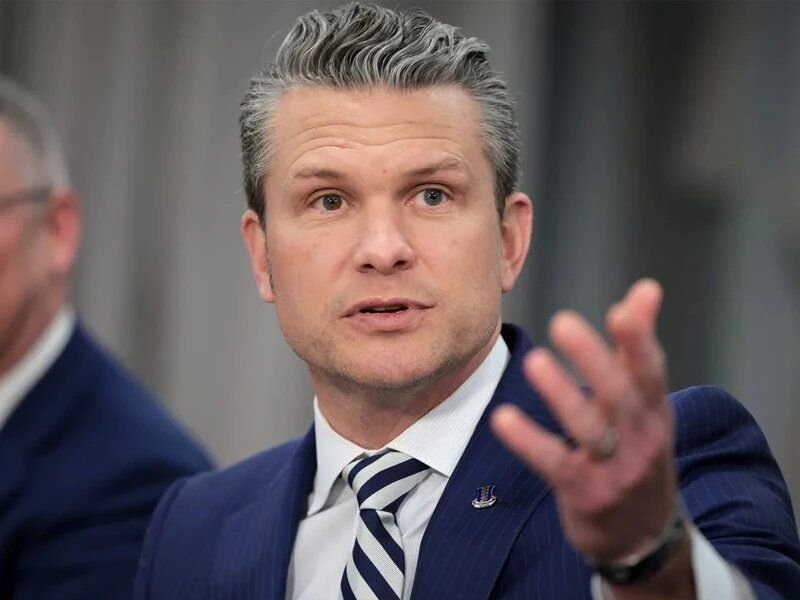Washington (TDI): US Defense Secretary Pete Hegseth announced on Thursday a new military operation aimed at “removing narco-terrorists,” raising concerns that a growing US naval presence in Latin American waters could signal possible land strikes or a broader conflict.
Hegseth took to social media platform X to declare the mission, naming it Operation Southern Spear. “This mission protects our homeland, eliminates narco-terrorists from our hemisphere, and combats the flow of drugs that are devastating our communities,” he wrote.
The announcement did not provide further details about the operation or explain how it might differ from ongoing US military actions in the region. Under the Trump administration, US forces have already been conducting anti-drug operations in the Caribbean and eastern Pacific, deploying naval and air units. Since early September, strikes have targeted roughly 20 vessels in international waters, reportedly killing at least 76 people.
Read More: Venezuela Caught Between a Peace Effort and an Illusion of Protection
US media reported on Wednesday that senior military officials had presented President Trump with updated options for potential operations in Venezuela, including land strikes.
In response, Venezuela announced a major nationwide military mobilization on Tuesday, citing concerns over the increased US naval presence, which includes a newly deployed aircraft carrier strike group, six Navy ships in the Caribbean, and F-35 stealth fighter jets stationed in Puerto Rico. Caracas described the US deployment as a potential veiled attempt at regime change.
The announcement of Operation Southern Spear comes at a time of heightened tension in the region, as Latin American governments watch closely the movements of US forces near their borders. Analysts warn that any miscalculation could escalate into a broader conflict with far-reaching consequences.
Observers also note that the operation highlights Washington’s growing focus on narcotics as a national security concern, linking anti-drug efforts to military readiness and regional influence. While the US frames the initiative as a defensive measure, critics argue that it risks deepening political instability in already volatile areas.
Read More: Trump Warns of Trade War ‘Pain’ for Americans
As the situation unfolds, the international community is expected to monitor developments closely. Diplomatic efforts may be tested as the balance between counter-narcotics operations and regional sovereignty becomes a central point of debate, leaving both policymakers and citizens on edge.



